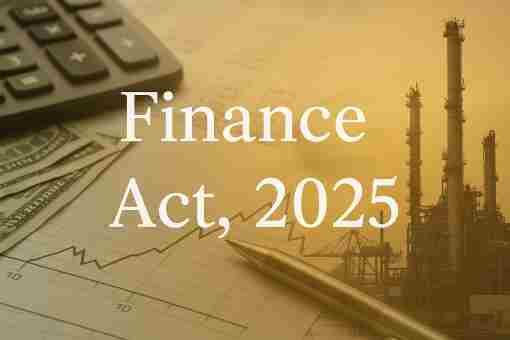Karachi, June 29, 2025 – The Finance Act, 2025 has introduced a major amendment to the Sales Tax Act, 1990, empowering the Federal Board of Revenue (FBR) to impose penalties on taxpayers who have received erroneous refund of sales tax.
This change, effective from July 1, 2025, is aimed at curbing refund abuse and improving the integrity of Pakistan’s tax administration.
The amendment has been made to Section 11E of the Sales Tax Act, which deals with situations where tax has been underpaid, incorrectly refunded, or wrongly claimed by taxpayers. Under the revised provisions, if a taxpayer has either short-paid sales tax, claimed an inadmissible input tax credit or refund, or received a refund not due to them, they will now be liable for strict enforcement action by FBR.
An officer of Inland Revenue, not below the rank of Assistant Commissioner, may conduct an audit or investigation and, upon finding discrepancies, will issue a show cause notice. Following this, the officer may issue an assessment order to recover the sales tax amount that was underpaid or wrongly refunded. In addition, the taxpayer will also face a penalty and default surcharge under Sections 33 and 34 of the Act.
The new law sends a clear message to taxpayers that misreporting refund claims, whether deliberate or accidental, will not go unnoticed. It reflects FBR’s increased reliance on audits and post-refund verification systems to identify irregularities. The law makes no exceptions for unintentional errors and emphasizes accountability.
However, the amendment includes a safeguard: proceedings under this section will not apply to cases already initiated under Section 37A, which deals with prosecution and criminal charges.
Experts believe that this change will create a more disciplined environment around sales tax compliance. It also highlights FBR’s ongoing efforts to plug revenue leakages and prevent the misuse of the refund mechanism, which has been a longstanding issue in Pakistan’s tax regime.
The move is likely to encourage more accurate reporting and discourage aggressive sales tax planning or manipulation by taxpayers who previously viewed erroneous refunds as a low-risk opportunity.
